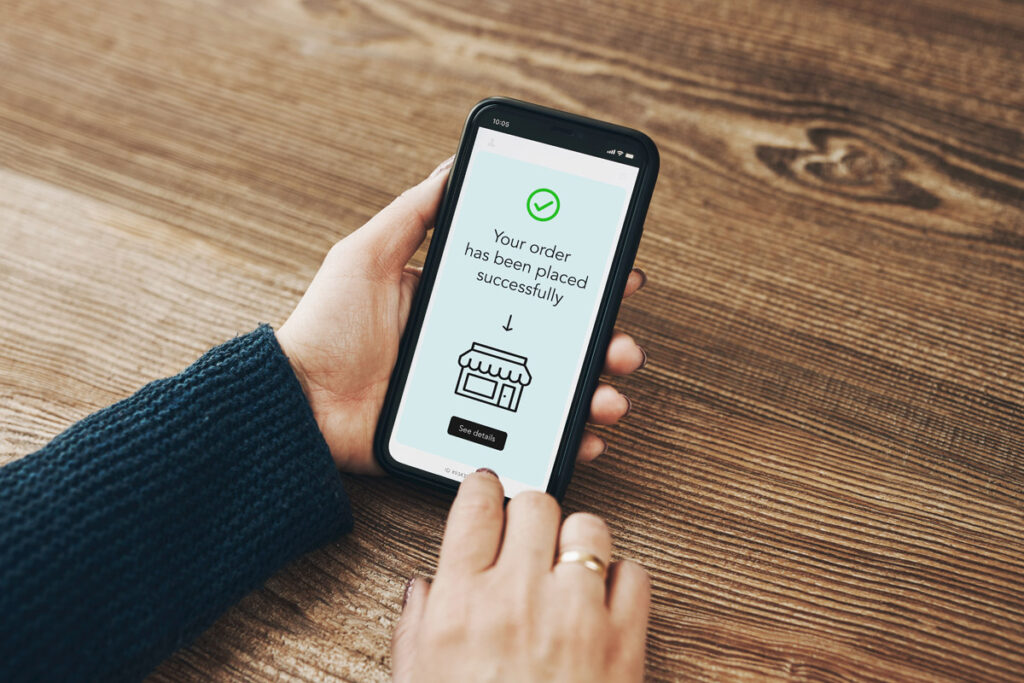If you’re planning to work abroad, many employers will ask for your UK documents to be apostilled as proof of authenticity. Here’s how the apostille process works, what documents you might need, and how to avoid common pitfalls for a smooth start to your international career.
What Is an Apostille for International Employment?
An apostille is an official certificate attached to your UK document, confirming it is genuine and valid for use in another country. For employment overseas, this step is often essential for your credentials to be recognised by foreign employers or authorities.
Which Documents Might Need Apostille for Overseas Jobs?
- Degree or diploma certificates
- Academic transcripts
- Police clearance certificates (ACRO, DBS)
- Birth certificate (for visa or ID checks)
- Marriage certificate (for family/spouse visas)
- Reference letters or employment verification
- Professional qualifications or trade certificates
- Power of attorney (if acting for someone else)
Popular Destinations: Where Do Brits Commonly Work Abroad?
Many Brits move overseas for work each year. Common destinations that require apostilled documents include:
- Australia
- New Zealand
- United States
- Canada
- United Arab Emirates (UAE)
- Qatar
- Saudi Arabia
- Singapore
- South Africa
- European Union countries (France, Germany, Spain, Netherlands, Ireland)
- China and Hong Kong (may require further legalisation)
Tip: Always check your destination country’s specific requirements, as rules can vary.
How to Get an Apostille for International Employment
- Prepare Your Documents
Ensure you have the original or a certified true copy, depending on employer or consulate instructions. - Certification by Solicitor or Notary (if needed)
Some documents, like photocopies or translations, must be certified by a UK solicitor or notary public. - Apply for Apostille
Submit your documents to the Foreign, Commonwealth & Development Office (FCDO) or use a professional apostille service for expert review and faster processing. - Receive Apostilled Documents
The apostille certificate is attached, confirming your document is valid for use overseas.
Common Pitfalls and How to Avoid Them
- Sending uncertified copies when originals or solicitor-certified copies are required
- Not checking if extra embassy legalisation is needed for non-Hague Convention countries
- Misspelling names or incorrect details on documents
- Applying too late and missing employment or visa deadlines
Expert Tips for a Stress-Free Process
- Start early—leave plenty of time for processing and any embassy steps
- Use a trusted apostille service for document review and tracking
- Double-check all information and requirements with your new employer or recruiter
- Ask about same-day or fast-track options for urgent cases
Why Choose Ace Apostille?
Ace Apostille provides expert, fast-track apostille services for all employment-related documents. We guide you through every step, help avoid rejection, and ensure your paperwork is accepted first time—wherever your job takes you.
Order your apostille for international employment online or contact us for specialist support.
Frequently Asked Questions
How long does it take to get an apostille for employment?
Standard FCDO service takes 10–20 working days. Ace Apostille offers next-day turnaround for urgent cases.
Do all countries accept UK apostilled documents?
All Hague Apostille Convention countries do. Others may need additional embassy legalisation—ask us if you’re unsure.
Can I use certified copies for apostille?
Yes, if certified as “true copies” by a UK notary public.





